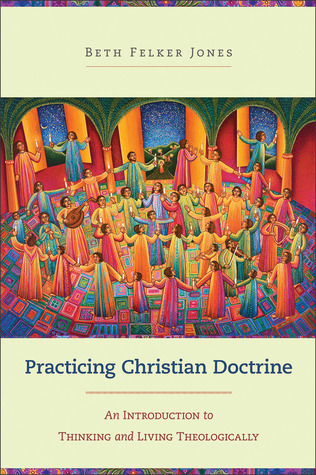What do you think?
Rate this book


This book, written from a solidly evangelical yet ecumenically aware perspective, models a way of doing theology that is generous and charitable. It attends to history and contemporary debates and features voices from the global church. Sidebars made up of illustrative quotations, key Scripture passages, classic hymn texts, and devotional poetry punctuate the chapters.
256 pages, Paperback
First published April 1, 2014